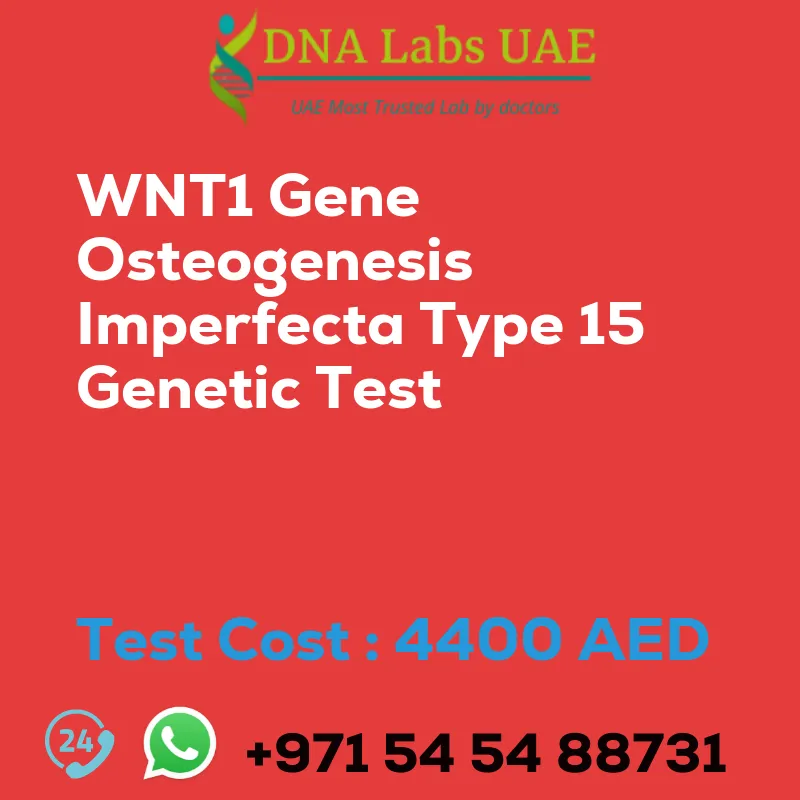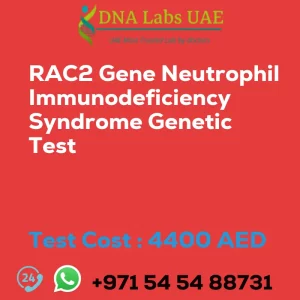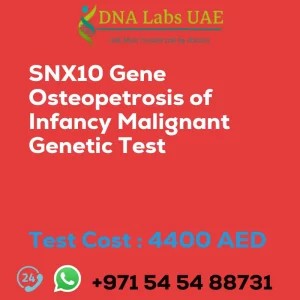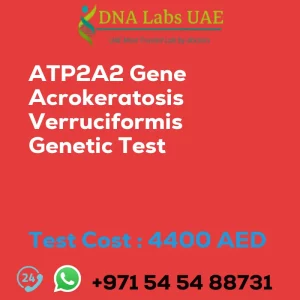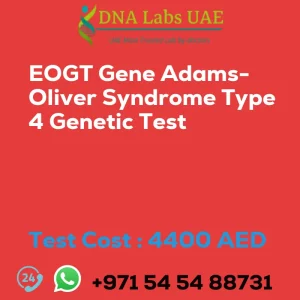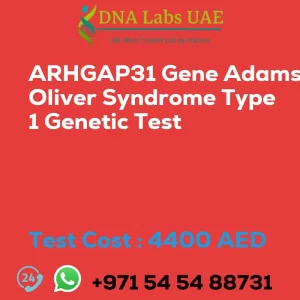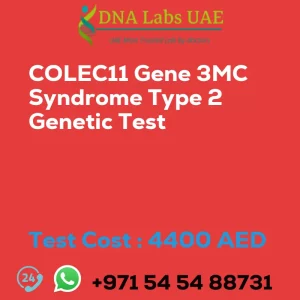WNT1 Gene Osteogenesis Imperfecta Type 15 Genetic Test
Test Name: WNT1 Gene Osteogenesis Imperfecta Type 15 Genetic Test
Components: Blood or Extracted DNA or One drop Blood on FTA Card
Price: 4400.0 AED
Sample Condition: Blood or Extracted DNA or One drop Blood on FTA Card
Report Delivery: 3 to 4 Weeks
Method: NGS Technology
Test Type: Osteology Dermatology Immunology Disorders
Doctor: Dermatologist
Test Department: Genetics
Pre Test Information: Clinical History of Patient who is going for WNT1 Gene Osteogenesis Imperfecta Type 15 NGS Genetic DNA Test. A Genetic Counselling session to draw a pedigree chart of family members affected with WNT1 Gene Osteogenesis Imperfecta Type 15 NGS Genetic DNA Test gene WNT1
Test Details: The WNT1 gene is associated with osteogenesis imperfecta type 15 (OI type 15), which is a rare genetic disorder characterized by brittle bones and skeletal abnormalities. NGS (Next-Generation Sequencing) genetic testing can be used to analyze the DNA sequence of the WNT1 gene and identify any mutations or variations that may be present. NGS testing is a high-throughput method that allows for the simultaneous analysis of multiple genes, including the WNT1 gene, in a single test. This type of testing can provide comprehensive genetic information and is particularly useful for identifying rare genetic disorders like OI type 15. By analyzing the WNT1 gene, NGS testing can detect various types of mutations, such as point mutations, insertions, deletions, and rearrangements. These mutations can disrupt the normal function of the WNT1 gene, leading to the development of OI type 15. NGS genetic testing for OI type 15 can be performed using a blood or saliva sample. The sample is sent to a laboratory where the DNA is extracted and sequenced using NGS technology. The resulting DNA sequence data is then analyzed for mutations or variations in the WNT1 gene. The identification of a mutation in the WNT1 gene through NGS testing can confirm a diagnosis of OI type 15. It can also help in genetic counseling and family planning by providing information about the inheritance pattern and the risk of passing the condition on to future generations. Additionally, NGS testing can aid in the development of personalized treatment plans and potential targeted therapies for individuals with OI type 15.
| Test Name | WNT1 Gene Osteogenesis imperfecta type 15 Genetic Test |
|---|---|
| Components | |
| Price | 4400.0 AED |
| Sample Condition | Blood or Extracted DNA or One drop Blood on FTA Card |
| Report Delivery | 3 to 4 Weeks |
| Method | NGS Technology |
| Test type | Osteology Dermatology Immunology Disorders |
| Doctor | Dermatologist |
| Test Department: | Genetics |
| Pre Test Information | Clinical History of Patient who is going for WNT1 Gene Osteogenesis imperfecta type 15 NGS Genetic DNA Test. A Genetic Counselling session to draw a pedigree chart of family members affected with WNT1 Gene Osteogenesis imperfecta type 15 NGS Genetic DNA Test gene WNT1 |
| Test Details |
The WNT1 gene is associated with osteogenesis imperfecta type 15 (OI type 15), which is a rare genetic disorder characterized by brittle bones and skeletal abnormalities. NGS (Next-Generation Sequencing) genetic testing can be used to analyze the DNA sequence of the WNT1 gene and identify any mutations or variations that may be present. NGS testing is a high-throughput method that allows for the simultaneous analysis of multiple genes, including the WNT1 gene, in a single test. This type of testing can provide comprehensive genetic information and is particularly useful for identifying rare genetic disorders like OI type 15. By analyzing the WNT1 gene, NGS testing can detect various types of mutations, such as point mutations, insertions, deletions, and rearrangements. These mutations can disrupt the normal function of the WNT1 gene, leading to the development of OI type 15. NGS genetic testing for OI type 15 can be performed using a blood or saliva sample. The sample is sent to a laboratory where the DNA is extracted and sequenced using NGS technology. The resulting DNA sequence data is then analyzed for mutations or variations in the WNT1 gene. The identification of a mutation in the WNT1 gene through NGS testing can confirm a diagnosis of OI type 15. It can also help in genetic counseling and family planning by providing information about the inheritance pattern and the risk of passing the condition on to future generations. Additionally, NGS testing can aid in the development of personalized treatment plans and potential targeted therapies for individuals with OI type 15. |

